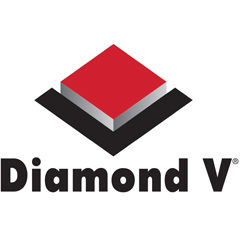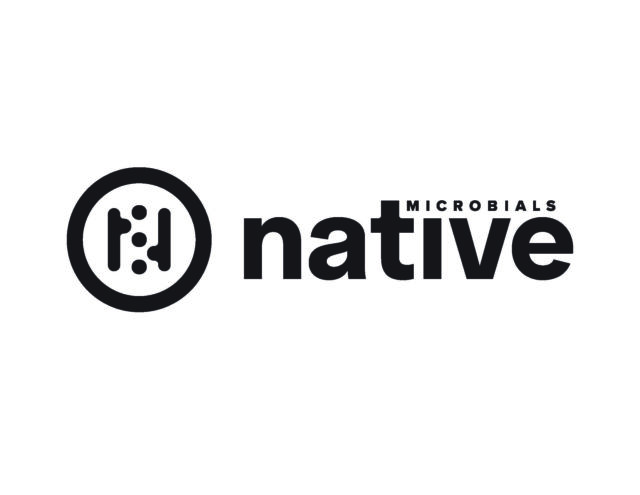As of this writing, I have completed my first full year in Iraq. My supervisors in Washington D.C. and here at the U.S. Embassy have added an additional four months on to my deployment. We have several developmental projects underway, and because they were built during my watch, I am to see them through.
Readers of this column know I lived and worked in Afghanistan, at Bagram Air Field, for 10 months in 2006. Working at the Provincial Reconstruction Team (PRT) level, the field appointment was for me an incredible period in my life. There, I learned quite a lot about the U.S. military, and other coalition forces, too. I remember nearly a week spent with the British army.
My tour here in Iraq has been at the national level. I have had the privilege of working at the largest embassy in the world, and one that certainly is unique. I have worked with four ministries. In each, I have developed professional and personal relationships with Iraqi colleagues. Nearly all are male, my age or older, and are trained as soil or crop scientists, engineers or researchers. I engage them often through meetings, telephones and e-mail.
As my tour has moved through time, I am fortunate enough to be in travel status more often, meaning traveling to other locations in Iraq. Working as a ministerial adviser is important but so is supporting our USDA PRT agricultural advisers. We have some outstanding volunteers for these roles. In fact, more than half of them extend their tours so they may finish projects that were begun on their watch. They come from not only USDA but some from land grant universities and even a few from the private sector. This is representative of the “whole of government” approach.
They request my time for developing and evaluating a project, or to deliver training. I have a six-hour course of irrigation water management that includes soils and fertility topics. Those attending the course are typically ministry or provincial officials with at least a college education. I have often lectured at universities and at provincial council meetings, albeit for shorter periods of time than six hours.
So at this point in my tour I find myself on the road about half of the time. There are challenges.
As you know from the press, the U.S. military is redeploying back to CONUS (Continental U.S.) and to Afghanistan. One unit that is particularly close to me, the 364th Civil Affairs (J9) Brigade, just departed for redeployment back to Portland, Oregon. I spent many hours with them and they kept me safe. Overall, the U.S. military footprint here is shrinking and it is noticeable at the forward operating bases I visit. Nearly everyone here supports the downsizing. We have been in this country since 2003 and many soldiers are on multiple deployments.
The smaller military means more challenging travel logistics. Everywhere I travel, the military is involved when I am off-post. The mission support is challenging, too. For those of us in the civilian world, working with these constraints takes a lot of time and we are disappointed when missions are scrubbed after an enormous amount of planning. Yet the first priority is safety and security. So we start planning all over again and eventually the mission is done.
Much of our work here is now less infrastructure building and more developmental. Practically, this means we build less but teach and mentor more. Without a doubt, we are teaching our colleagues how to spend their money based on planning, setting priorities, making good policy, and having accountability. Sounds great but hard to implement. Transition is difficult for all of us, and generally the constraint here is not money…it is the mindset. I often claim the greatest challenge here is six to seven inches – the distance from one ear to the other. If we can suggest a different approach in such a way that it appears to them as their idea, then we have built capacity.
I have often used the 3D model to describe our U.S. governmental role here – defense, diplomacy and development. Clearly we are in the second and third D, as we’ve largely taken care of the defense portion.
I often describe Iraq as a land of potential. It already has enormous wealth in its oil. The agricultural industry has great potential as well. The alluvial soils here are capable of growing any crop – cereals, vegetables and orchards. Iraq must modernize the irrigation system, both conveyance and field application components. The soil nutrient bank must be replenished, and standard concepts of crop rotation (namely planting legumes with cereals) and conservation practices (control wind and water erosion) should be planned for and then implemented. These can be done. We have about three dozen USDA folks here working on these at this very moment.
But at some near time frame, a year or two, we will go home too. For me, four months. And I do not know if someone will follow me here to the Embassy office. I am actually quite comfortable with this chair not occupied after me. The Iraqi colleagues that I work with can and will significantly increase their engagement with the international community. They will understand the importance of the private sector, of marketing and forming cooperatives, of banking, of supporting a robust extension program, and of adopting modern technology. These statements in no way degrade their culture nor change the sizes or scales of their farms. These do help increase their quality of life – crop yields are higher, animals have a better diet, and the landscape in terms of soils, trees, rivers and desert is ecologically managed.
One challenge here is also found in other parts of the world. The young people here seek other lifestyles if they can. Staying on the farm is generally not as desirable as working in a city or town. Modernizing the farming system will help turn this around. This particular challenge will take years and certainly will not be done on our watch.
I fully expected to work here a year, turn in my body armor and go home, but I will write to you from Iraq until June 2010. Your support not only for me but all deployed Americans is appreciated. Many readers have written to me.
In the end, we all have a home. For me, it is eight time zones away and a note from home in my e-mail box first thing in the morning is, well, the best possible start of the day. If I appear a little homesick, then you are correct. Soldiers get extended, too. We all have a job to do so that we have a more secure, prosperous world. So we go and serve. PD

-
Mike Gangwer
- Agricultural Scientist
- USDA-NRCS
- Email Mike Gangwer



